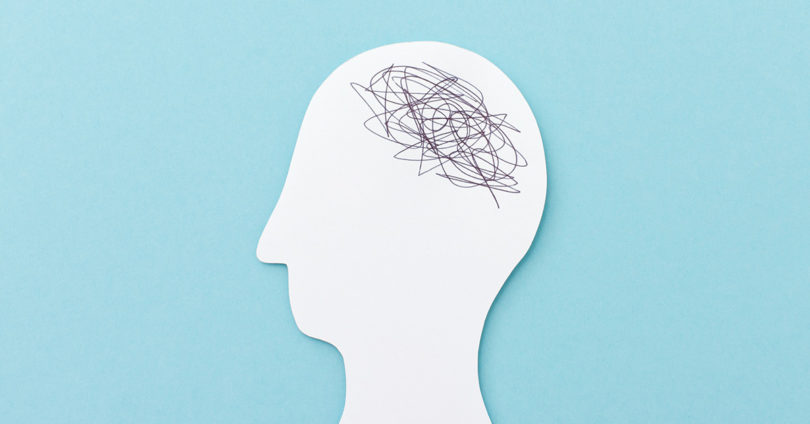News around COVID-19 is dominating headlines, workplaces and personal conversations. “When people are dealing with uncertainty, it’s a normal response to dread what we don’t know,” says Dr. Peggy Richter, head of the Frederick W. Thompson Anxiety Disorders Centre at Sunnybrook. In other words, as we try to prepare by considering various scenarios, this process in and of itself can ramp up feelings of fear and anxiety. So how can you deal with this normal process in the most constructive way? Dr. Richter offers some helpful tips on striking a healthy balance.
Be informed
There is a lot of misinformation circulating which can escalate stress and anxiety, so make sure you are getting your news and health updates from trusted, verified sources. Keep important phone numbers and web links close at hand, so if something happens, you know who to reach out to. Visit sunnybrook.ca/coronavirus for information and links from trusted sources.
Don’t panic
Arm yourself with trusted information, as this will help you adjust your level of concern to appropriately fit the situation. And while it’s important to stay informed with reliable information, know that overwhelming yourself with difficult news and headlines can increase stress and anxiety, and lead to unnecessary worry.
Take reasonable precautions
Be appropriately prepared rather than stockpiling or overbuying. That in turn can shortchange the supply for others and intensify feelings of panic.
It can help to remember that there are many things that are in your control, like practicing good hand hygiene and not touching your face, to minimize the risk of getting sick. Social distancing can reduce your risk of catching the virus.
Think about others
Call, message or email friends, family, neighbours and loved ones. Even if we are physically isolated, we are fortunate to have access to technologies that can virtually connect us so we don’t feel alone.
Practice good self care
In times of heightened stress, we all need extra rest and relaxation. Everyone will have their own favourite activity to unwind, so make that a priority over the days and weeks ahead. Try to maintain a healthy diet, get enough rest, and be physically active (even at home), as these factors can significantly impact overall mood and quality of sleep.








